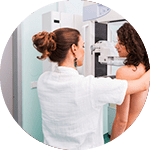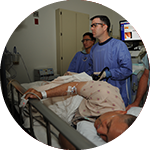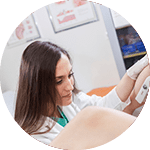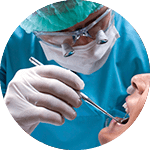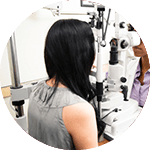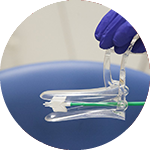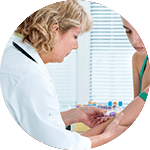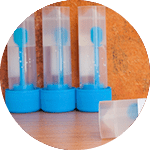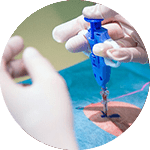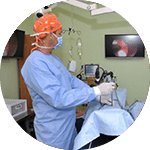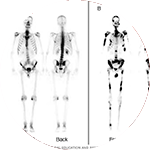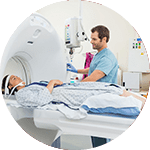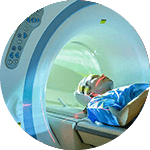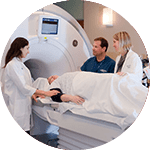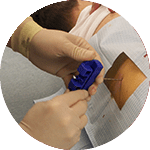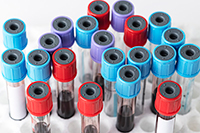Step 5: Screening & Testing
#SpotandSurvive
In 5 Simple Steps

Screen & test regularly so you can spot cancer early
Screenings and testings are an integral part of early cancer detection. Your doctor will recommend a frequency schedule for you based on your risk factors and family history.(5) Most cancers are now curable* if detected early enough. Monitor your body regularly for cancer signs and symptoms and make it your responsibility to schedule timely doctor visits, screenings, and visual tests
Download Our Spot and Survive Guides Free Now!
Learn the signs to potentially save yours and your family’s life.
What are the screens & tests you need?
Screening tests are either done by an imaging process or visually conducted by a specialized professional. These tests are typically set up on a regular basis with your medical team and are typically noninvasive and vary by age, family history, and environment. Cancer screenings aim to detect cancer before symptoms appear. Screening test results are not 100% foolproof. If signs of cancer are detected, more definition and invasive follow-up tests may be required.
Laboratory tests can help the early detection of cancer or confirm its presence. Most laboratory tests take place in medical facilities. Many laboratory tests are done routinely during annual physical exams to detect any abnormalities. Laboratory tests are also ordered by your medical team when certain signs are detected or symptoms occur.
Diagnostic tests are typically done as a follow-up to abnormal conditions found during screening or routine laboratory tests. The results help the medical team to diagnose and confirm the presence or absence of a specific disease. Diagnostic testing procedures depend on the type of test being performed.
Genetic Tests help estimate the chances of contracting cancer in your lifetime by searching for specific changes in mutations (your genes, your chromosomes, or proteins). (79)
Genetic Testing is most frequently used to determine if you have inherited genes that can pass cancer from parent to child. It may also help to estimate your chances of developing cancer in your lifetime. The test is generally not done until your primary doctor has discussed testing with you and you have consulted with a genetic specialist.
At present time there are few home test kits available to help the early detection of cancer. However, there are many new kits in the research and development stages. It is expected that additional suppliers and kits will become available. Test kits should be used as directed by your medical team.
Stay Informed
Get reminder emails, tips, and resources to develop your spotting cancer habit when you join the Cancer Detection Squad

Take Action!!
- Set a schedule with your doctor
- Schedule your appointments
- Keep your appointments
- Call for results and follow up
you can
when you download and use our guides
Get the Screening & Testing guide
Download the Screening & Testing guide to know the various screenings and testings necessary to help detect cancer early and save your life.
Get the Screening & Testing Scheduling chart
Download the interactive Screening & Testing Scheduling chart to help you keep track of important screening and testing schedules. Download today!
Save a Body Monitoring and Screening & Testing schedule
Regular monitoring and testing is a life-saving habit. Save a Body Monitoring and Screening & Testing schedule to your Google Calendar or iCalendar to stay on track!

